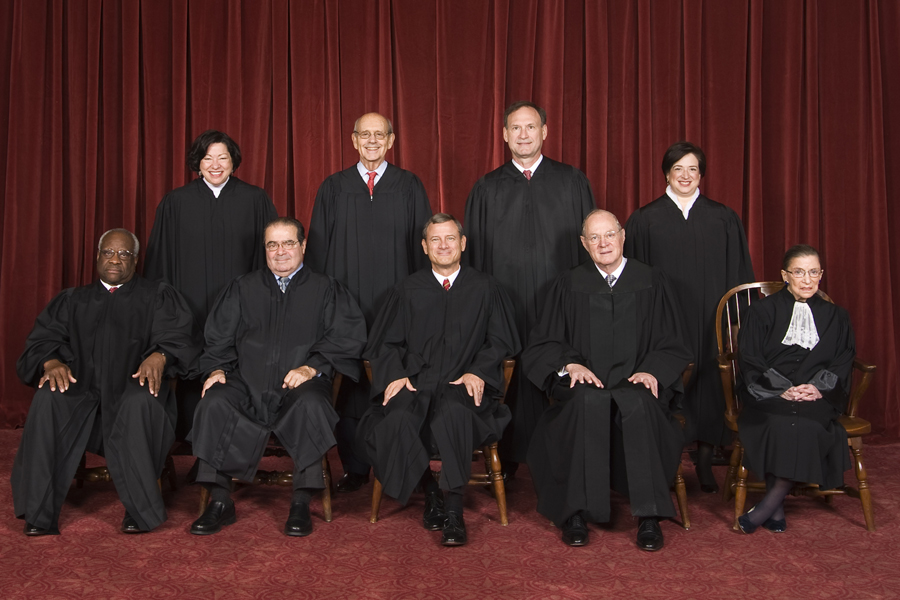



In 2013, Texas enacted two controversial restrictions on abortion providers. Under the first provision, doctors who performed abortions were required to have admitting privileges at a hospital within thirty miles. As a result, many doctors in rural locations who could not obtain such admitting privileges would have to stop performing abortions. Under the second provision, abortion facilities were required to meet the standards of an ambulatory surgical center. Compliance with these standards would be very costly. Further, this requirement was also imposed on clinics that did not perform surgical abortions, but only prescribed abortion-inducing drugs. Taken together, these regulations would shut down most abortion clinics outside of big cities, including Whole Woman’s Health.
The District Court declared the law was unconstitutional. It evaluated conflict- ing evidence about the costs of—and claimed need for—these regulations. The Fifth Circuit Court of Appeals then reversed. The Supreme Court granted certiorari in November 2015. But, in February 2016, Justice Scalia suddenly passed away. The short-handed Court heard oral arguments one month later.